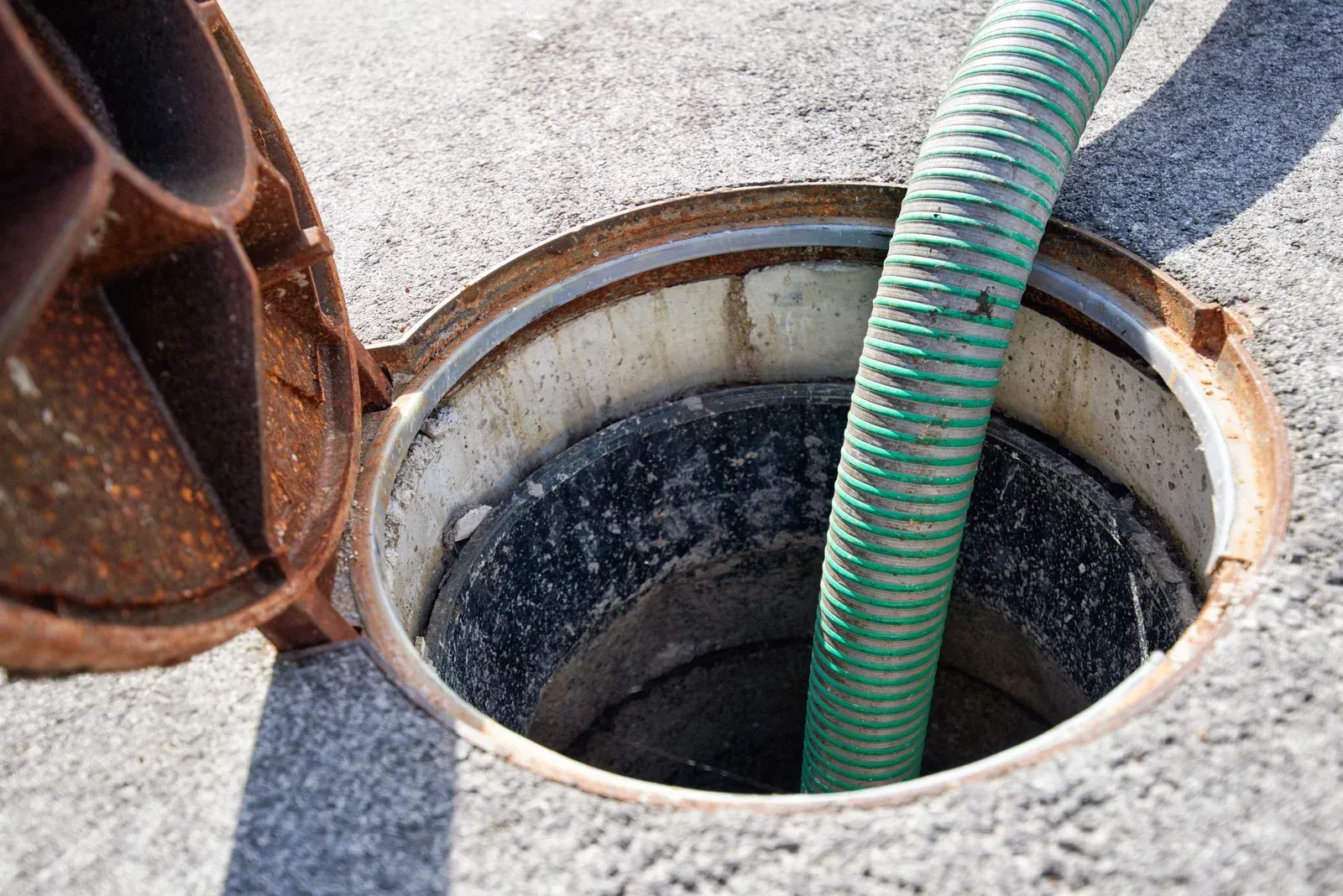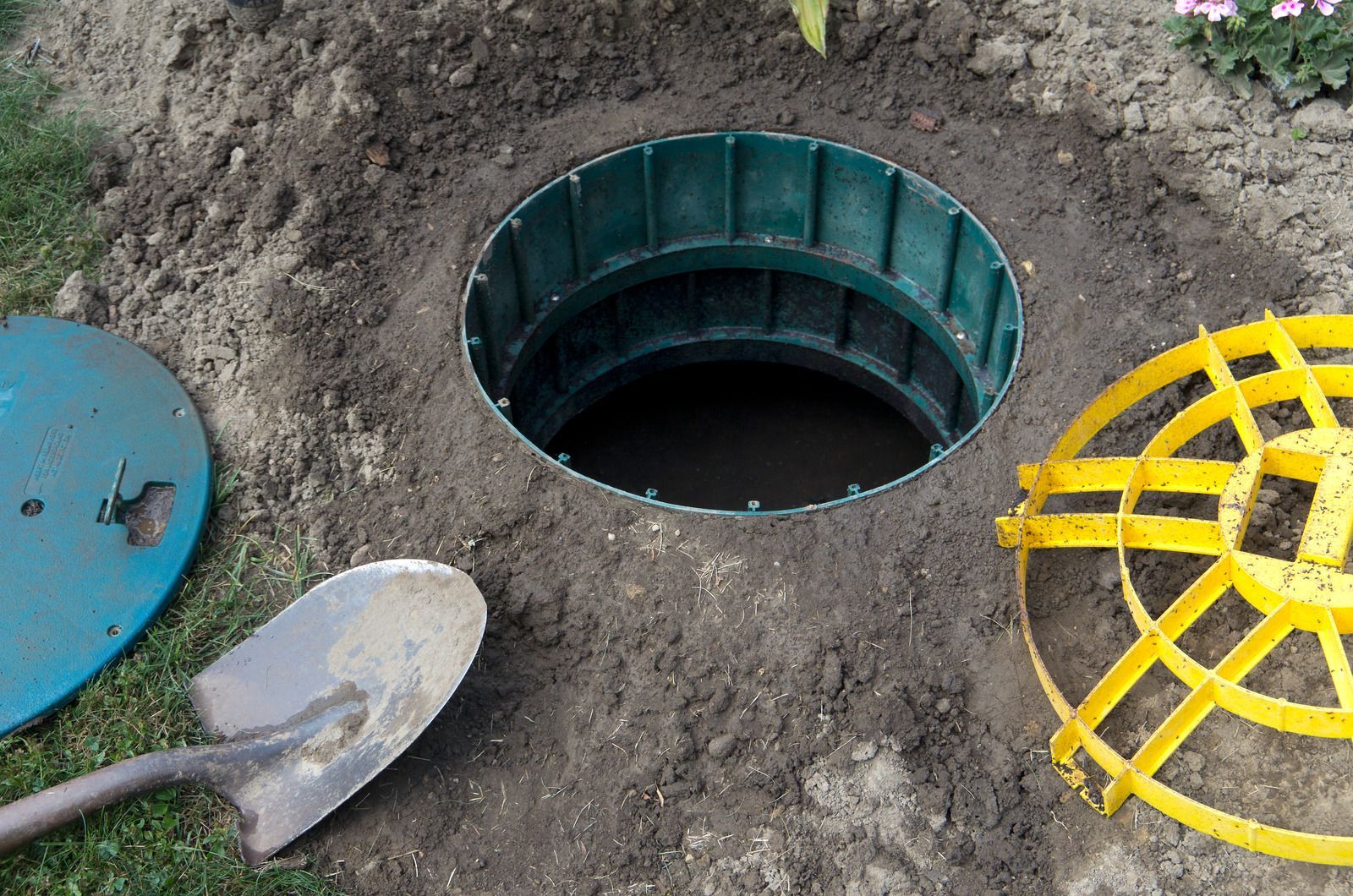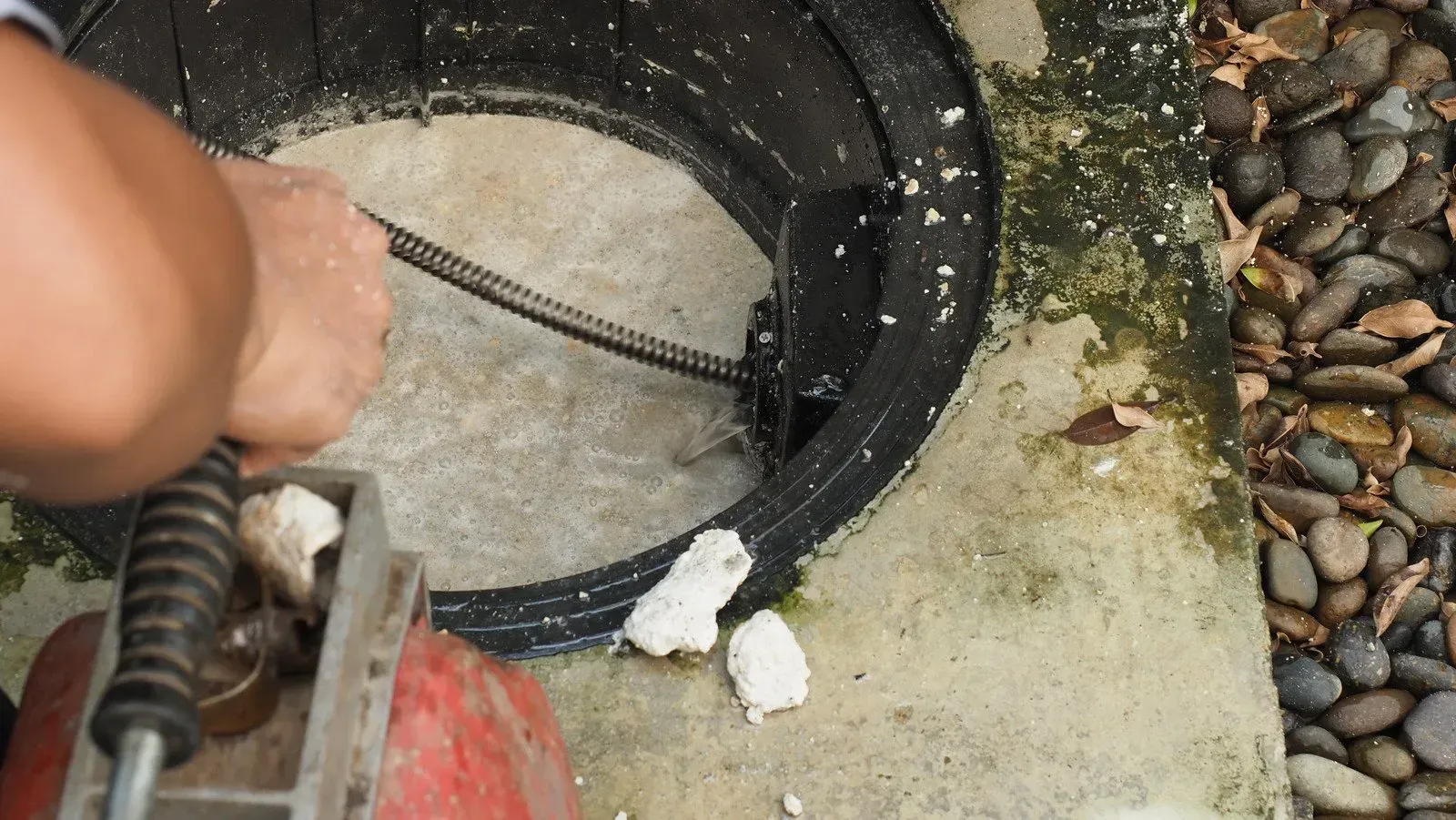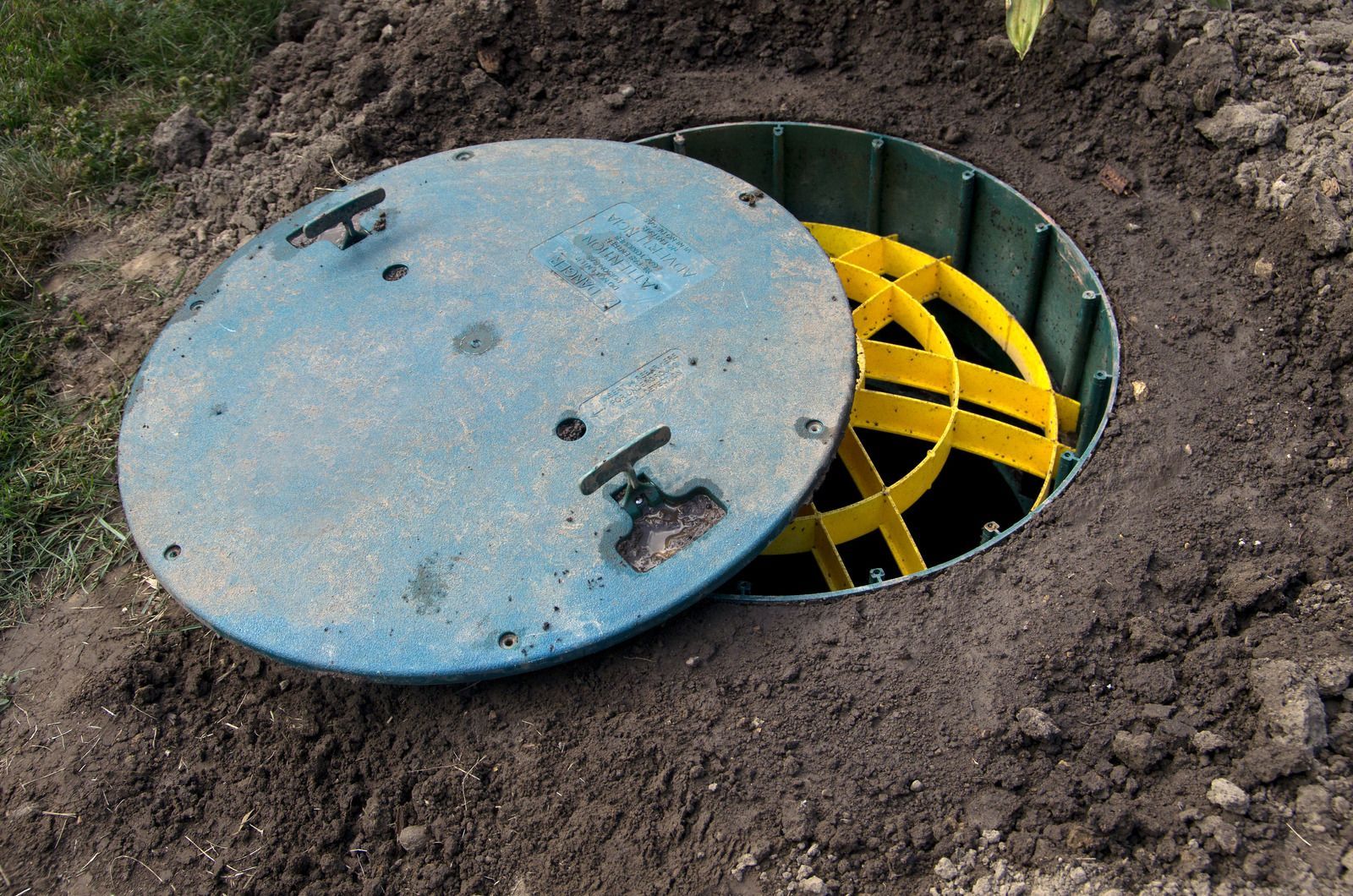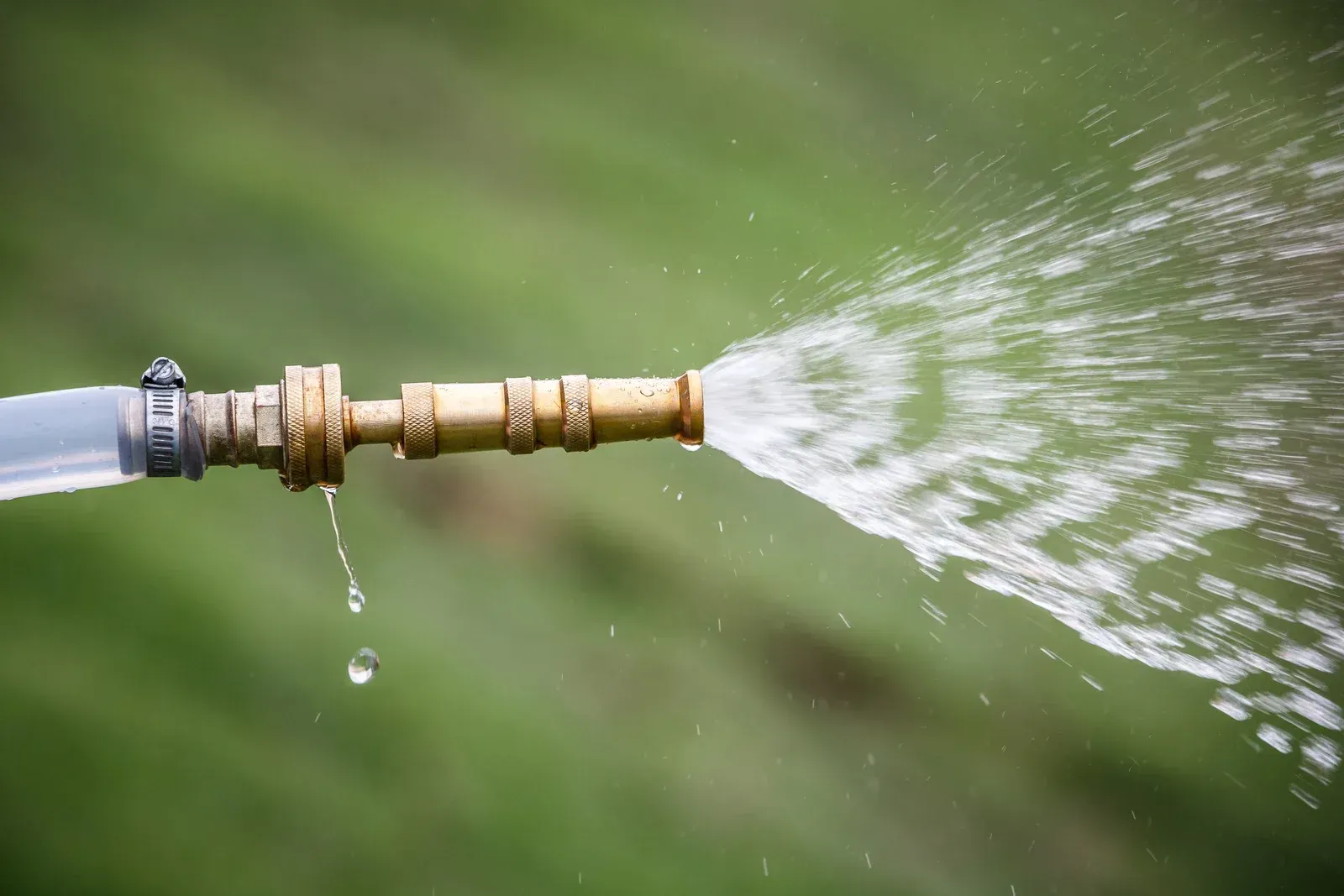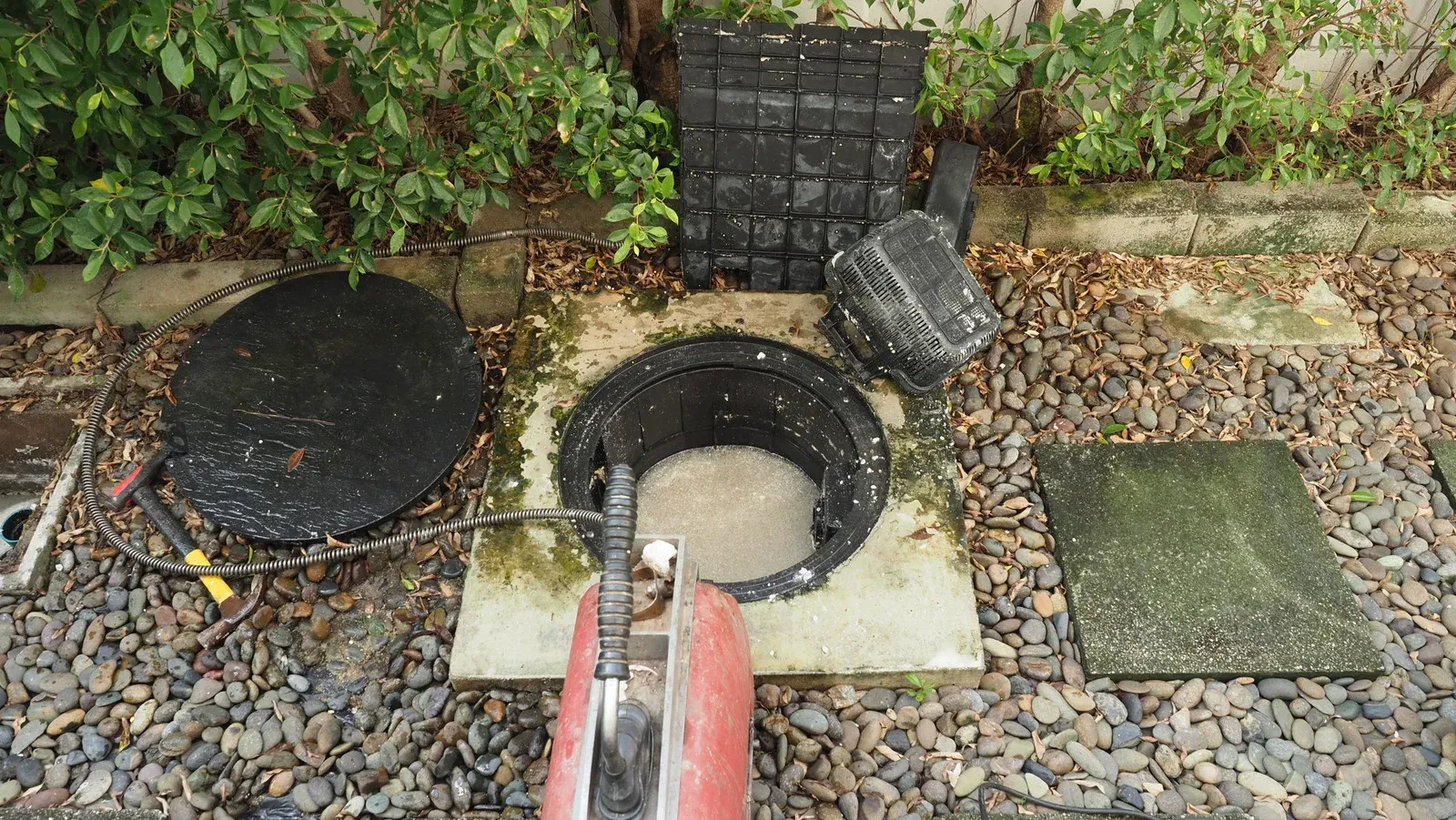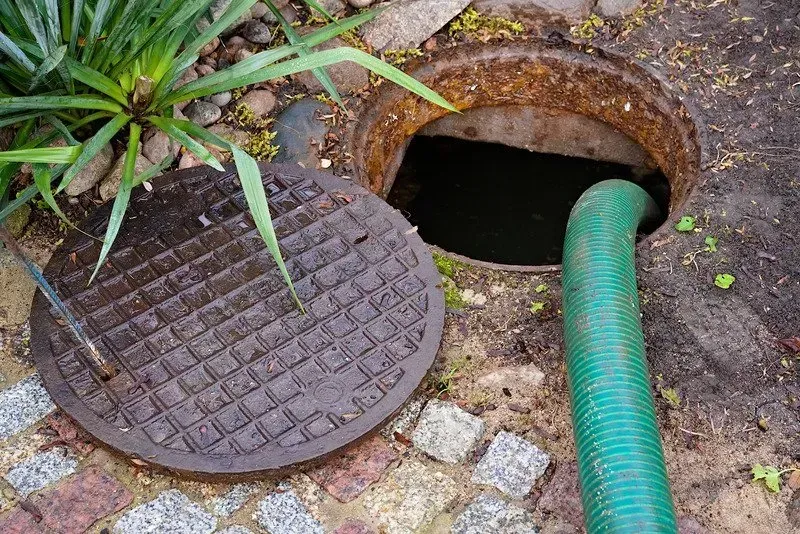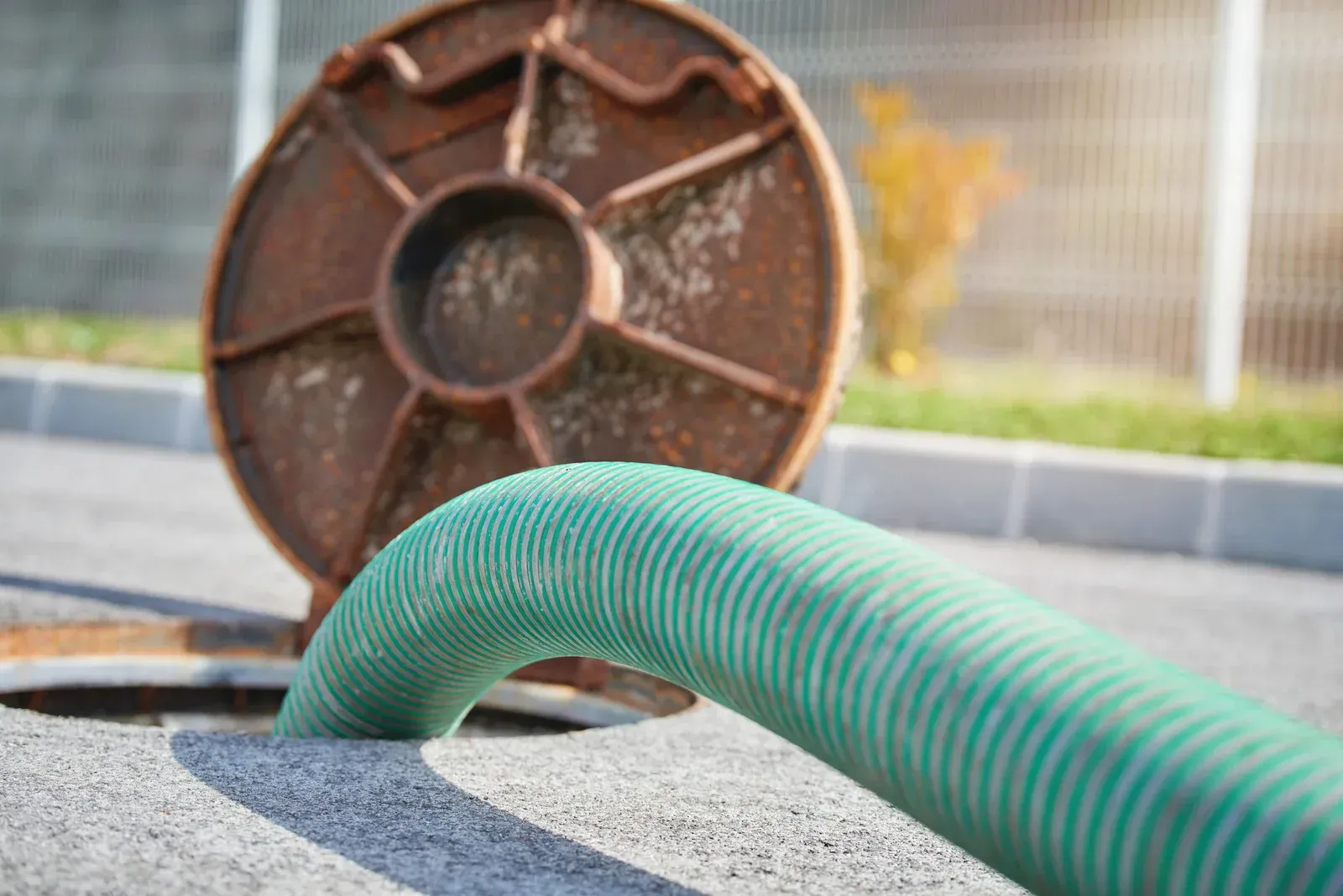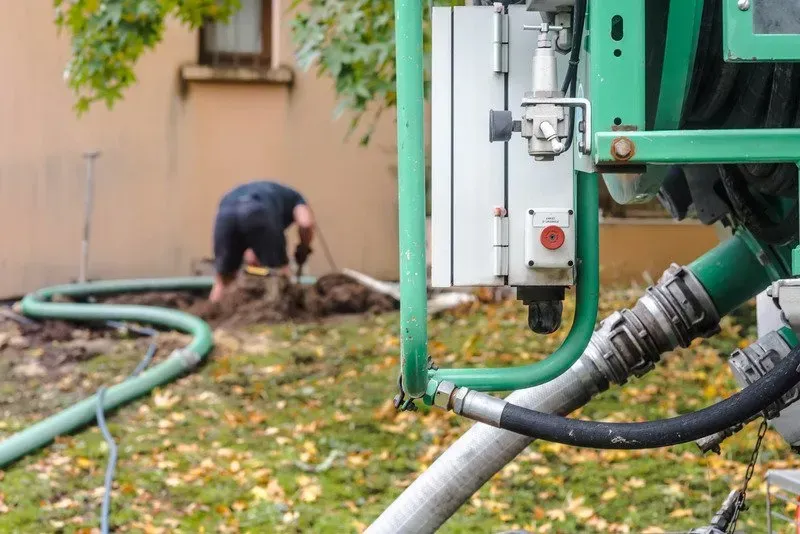How to Keep Your Septic Tank Running Smoothly
Did you know a septic tank is critical for your home’s waste management system? It works by collecting and breaking down the solid waste from your home's plumbing and disposing of it in an underground drain field. If this system is ill-managed, it can result in repairs that entail a lot of money or even an irreparable system failure.
In this blog, we will enlist a few tips to help you keep your septic tank running smoothly:
Six Ways To Keep Your Septic Tank Running Smoothly
Pay attention to your septic system if you haven't already. It may seem otherwise, but taking care of this waste management and disposal system should be paid close attention.
Here’s how you can maintain your septic tank -
#1 Regular Pumping:
Your septic tank needs frequent and regular pumping to eliminate the solid waste and sludge accumulating over time. A professional septic service provider can examine and pump your tank every 4 to 6 years after considering the size of the tank used and the number of people inhabiting your home. Regular pumping can prevent backups, blockages, and other septic problems.
#2 Water Conservation:
Water conservation is critical for maintaining a healthy waste disposal system. Excess water can overload your septic tank and cause it to fail. To conserve water, repair leaks in your plumbing, install low-flow showerheads and toilets, and avoid running multiple water sources simultaneously.
#3 Proper Waste Disposal:
Your septic system is structured to handle human waste and toilet paper. Avoid flushing anything down your toilet, including feminine hygiene products, diapers, wipes, and chemicals. These items can obstruct your septic system and cause severe damage. Dispose of hazardous chemicals and oils at designated collection sites and not down your drain.
#4 Protect Your Drain Field:
Your drain field is an essential component of your septic system, and it removes contaminants from the liquid waste that leaves your septic tank and allows it to absorb into the ground. To protect your drain field, do not park or drive on it, and avoid planting trees or other deep-rooted plants nearby. These activities can damage your drain field and cause your septic system to fail.
#5 Have Regular Inspections:
Regular inspections can help you catch septic problems early and prevent them from escalating. A professional septic service provider can inspect your tank and drain field for signs of damage, leaks, and other issues. Regular inspections can help you avoid repairs that are heavy on the pocket and increase the longevity of your septic system.
#6 Use Septic-Safe Products:
The chemicals in your home's confines can adversely affect your septic system's hygiene. Use septic-safe cleaning products and laundry detergents free of phosphates and bleach. These products can damage the natural bacteria in your septic tank that help break down the solid waste.
Final Thoughts
Since septic tanks are crucial to your property, hiring a professional to run effective maintenance checks is best. Your septic system will benefit from the abovementioned ways to maintain your tank. Finding a septic system expert who is experienced enough to direct your maintenance schedule and employs high-quality, long-lasting septic equipment is ultimately the most crucial thing you can do.
